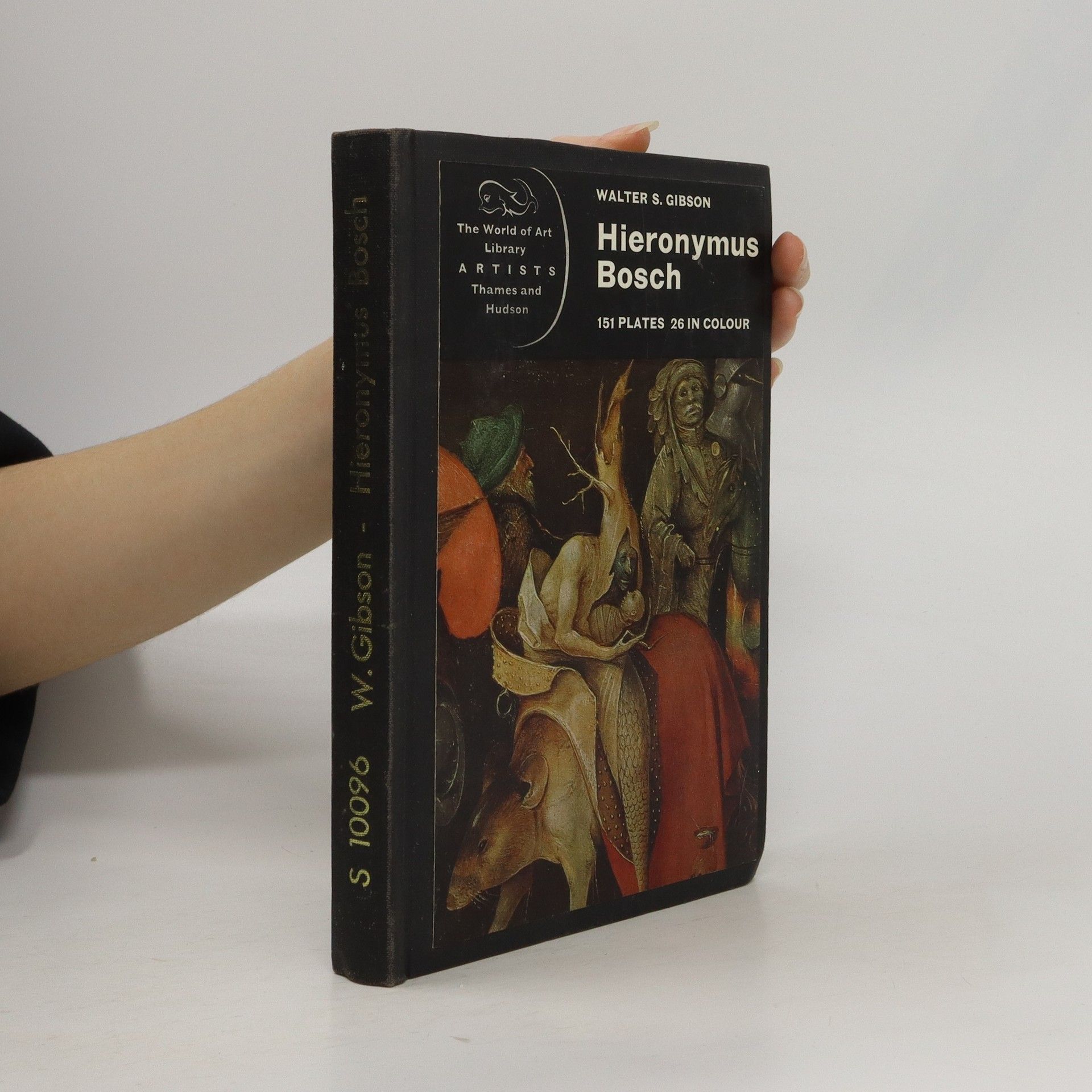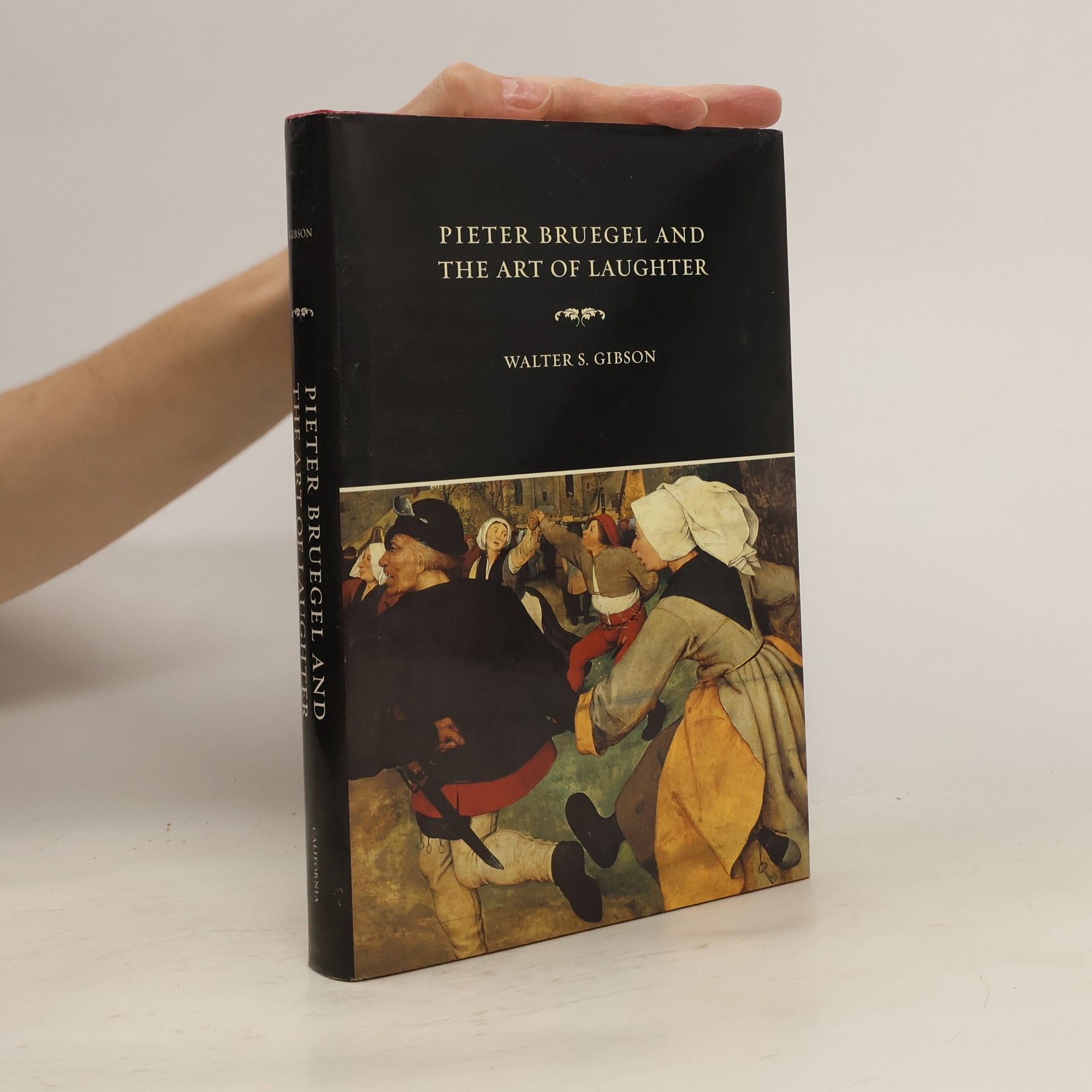In this delightfully engaging book, Walter S. Gibson takes a new look at Bruegel, arguing that the artist was no erudite philosopher, but a man very much in the world, and that a significant part of his art is best appreciated in the context of humour
Walter S. Gibson Livres
Walter Samuel Gibson était un historien de l'art spécialisé dans la Renaissance du Nord, avec un accent particulier sur l'œuvre de Jérôme Bosch. Son érudition explore les détails complexes et le contexte historique de ces créations artistiques significatives. L'approche de Gibson visait à éclairer le monde complexe et la vision unique de ses sujets choisis. Ses contributions offrent des aperçus précieux sur une ère charnière de l'histoire de l'art.



Hieronymus Bosch
- 180pages
- 7 heures de lecture
"An exceptional book, sensible, illuminating and readable...probably the best straightforward account of Bosch and his works which we shall have for some time."—Times Literary Supplement
Bruegel
- 216pages
- 8 heures de lecture
Although Pieter Bruegel's pictures have been celebrated throughout the past four hundred years, the artist himself remains a shadowy and misunderstood figure. In a volume which will widen the understanding and enhance the enjoyment of Bruegel's many admirers, Walter Gibson illuminates the sixteenth-century world in which the artist lived. He analyzes the different strands of Bruegel's inspiration, examines his works, and considers his influence on later artists. Dispelling the notion of Bruegel the simpleton peasant, the author shows us Bruegel the cultivated artist, satisfying an urban society's pleasure in moralizing tales and proverbs, rooted in the rich, bourgeois, brilliant Antwerp of the Flemish Renaissance.